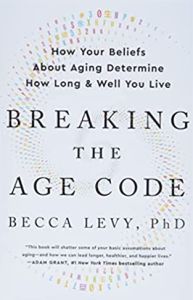
Breaking the Age Code
How Your Beliefs About Aging Determine How Long and Well You Live
ISBN: 9780063053199
Pages: 320
Recommendation
People are living longer than ever before, yet ageism is rampant, says Yale psychology professor Becca Levy. After researching the psychosocial factors influencing aging, Levy concludes that your unconscious biases, based on societal age stereotypes, can profoundly affect your experience of aging and the physiological and cognitive challenges you associate with it. When older people replace negative views about aging with a more positive attitude toward aging, they enjoy a slew of positive health benefits – such as improved memory – and can add years to their lives. Levy urges you to liberate yourself from ageism and fight it on a collective level.
Summary
About the Author
Yale professor of public health and psychology Becca Levy is a world expert on the psychology of successful aging and an affiliated faculty member at Yale’s Institute for Global Health.








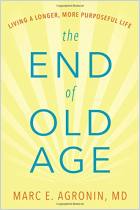
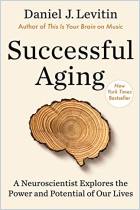
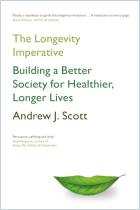

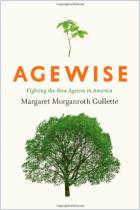

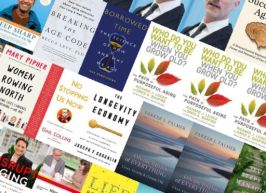


Comment on this summary or Start Discussion